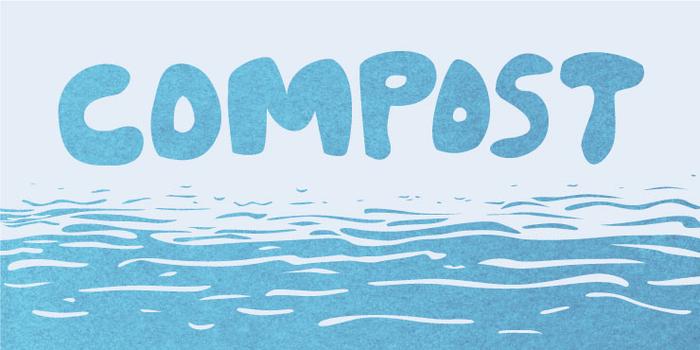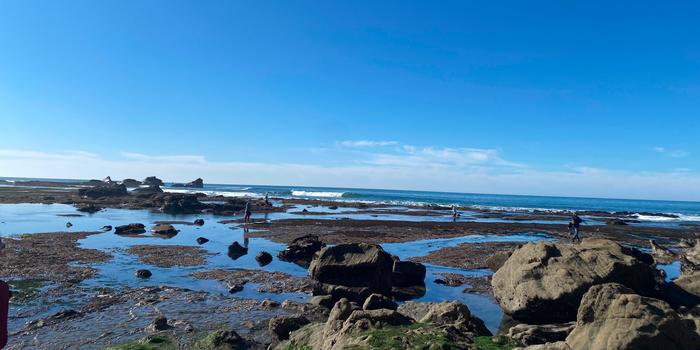
Musselled Out
Dolly, Niall, Eamon Foreman, Elinor
Musselled Out is a game about conservation, borders and surveillance in the Mediterranean.
In the past few years, the EU has increased its “maritime ‘awareness” in the Med1. This “awareness” has sought to link two issues—the defense of borders and the protection of marine ecosystems—and has been implemented through the notoriously brutal security agency, Frontex.
To justify its oppressive approach to administering EU border policy, Frontex has relied on a particularly pernicious form of greenwashing. Going far beyond the remit of PR slogans and soundbites, greenwashing for Frontex is a material/strategic reality that involves deploying the very same funding and infrastructure to monitor both people and environmental change. This has been seen in several of their initiatives including CISE2, Copernicus3 and their campaigns against environmental crime4. From drones and underwater sensors to satellite data, tools of violence have been recast as a crucial means of tracking marine pollution, illegal fishing and temperature rise, among other ecological issues. This multi-purpose approach has enabled European nations to develop fluid borders that can easily expand to requirements, transforming a once common space—the high seas—into a securitised plain of defense. It has also provided an ethical guise, allowing Frontex to conceal or justify their numerous abuses: workplace harassment, alleged fraud in public procurement, and the covering up of illegal push-back operations conducted by Greece and other states.5
Musselled Out looks at how surveillance infrastructure is normalised, and how border enforcement agencies attempt to justify their actions in an environmental context. In doing so, it aims to situate Frontex’s work in a broader colonial history that has legitimized land-grabbing as a conservationist endeavor, while also questioning the efficacy of conservation as a means of supporting ecosystems.
Both conservation and borders rest on a premise of division. We ask: Can the siphoning off of small protected areas really provide a sustainable solution to the systemic effects of climate change? As infamous emitters, why should we rely on security agencies to enforce environmental standards? How can we build forms of resistance to their violence?
- https://www.europarl.europa.eu/RegData/etudes/BRIE/2021/689342/EPRS_BRI(2021)689342_EN.pdf↩︎︎
- https://oceans-and-fisheries.ec.europa.eu/ocean/blue-economy/other-sectors/common-information-sharing-environment-cise_en↩︎︎
- https://www.copernicus.eu/en↩︎︎
- https://frontex.europa.eu/media-centre/news/news-release/eu-agencies-against-environmental-crime-P7d4FR↩︎︎
- https://cdn.prod.www.spiegel.de/media/00847a5e-8604-45dc-a0fe-37d920056673/Directorate_A_redacted-2.pdf↩︎︎



%20(3)_700x350.jpg)


_700x700.png)








